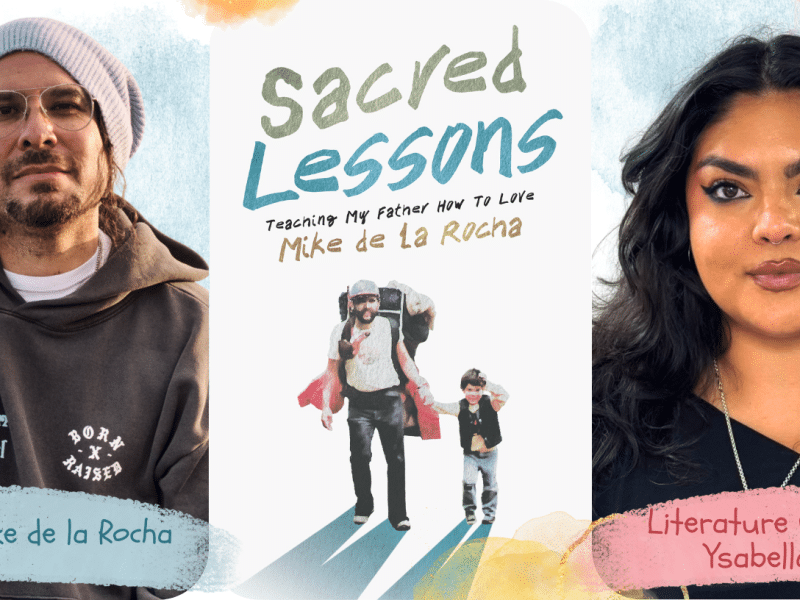“Moonchild Mixes” Sparked Controversy. Overreaction? Or Warranted?
There’s no question that Selena Quintanilla left behind a legacy that will forever cement her as a pillar of the Latinx community.

There’s no question that Selena Quintanilla left behind a legacy that will forever cement her as a pillar of the Latinx community.
The 23-year-old singer’s tragic murder at the hands of her obsessed assistant and president of her fan club made her a martyr of the community, sending her already rising star that much higher after her death.
In early August of 2022 Warner Music Latina and the Quintanilla Family announced a post-humous release featuring altered vocals sung by a then 13 to 16-year-old Quintanilla. The label and family chose to employ voice-aging technology that would change the sound of the singer’s voice to emulate what Quintanilla would sound like now.
Selena’s brother and album producer A.B. Quintanilla told ABC News, “Everything was recorded on vinyl. So we had to kind of fuse the old school ways with the new school ways. Clean Selena’s vocals, and put them on timing. And then we also pitched her vocal down just a hair to make her sound a little bit more mature.”
Needless to say, this approach to digitally creating new music was a hot topic of discussion amongst fans of the “Dreaming of You” singer:
Other fans had no issue criticizing the decision to release a post-humous album in the first place:
“Moonchild Mixes” is only the latest posthumous release from the Quintanilla family after a not-so-well-received TV series was released on Netflix. Many fans expressed the opinion that this album seems to be just another opportunity to continue capitalizing on the singer’s legacy, while others appreciated that they were able to hear something new from the beloved singer.
Regardless of where the public lands with their opinions, with the advent of technology we’re seeing more and more efforts to bring back the entertainers who passed long ago. We’ll of course never know the wishes of these already passed entertainers. The most we can hope for moving forward is that entertainers make clear how they want their intellectual property treated as technology continues to evolve and make it even more possible to bring them back in various forms.




